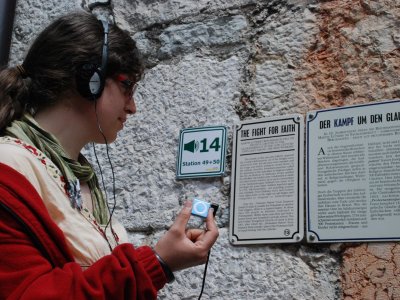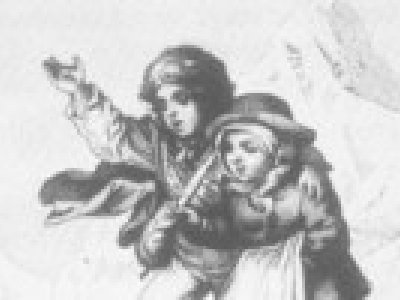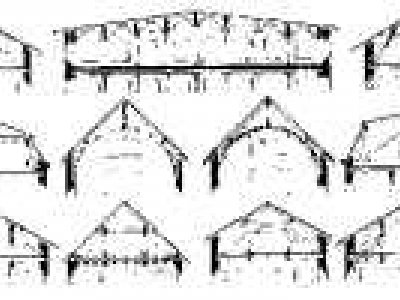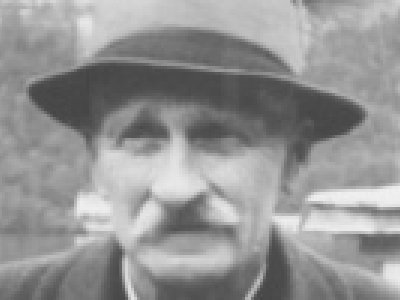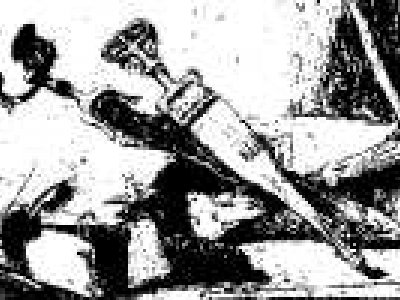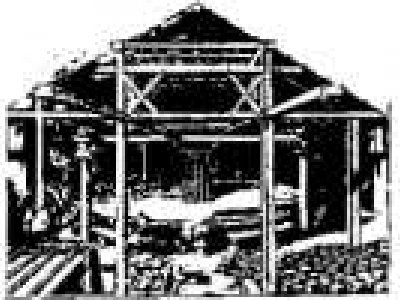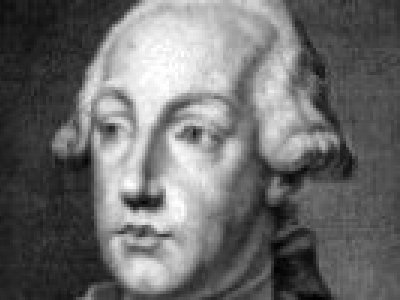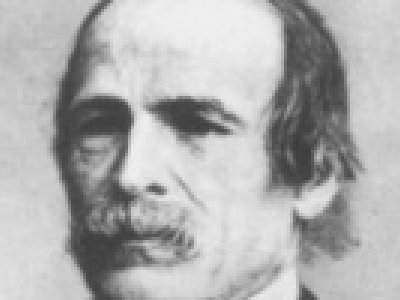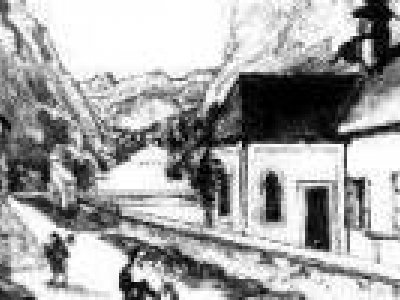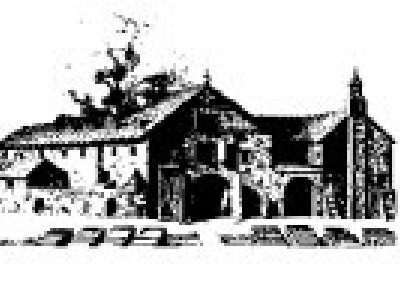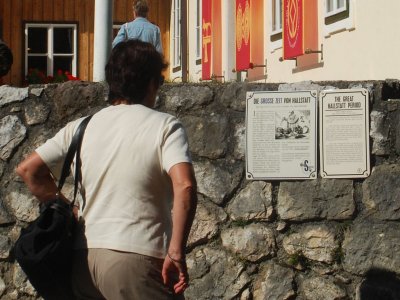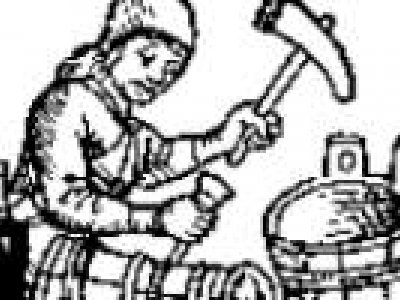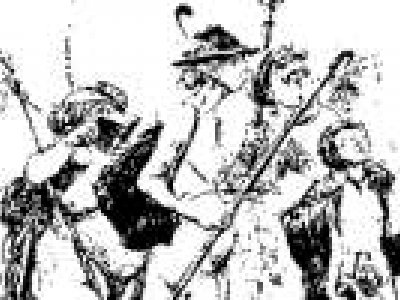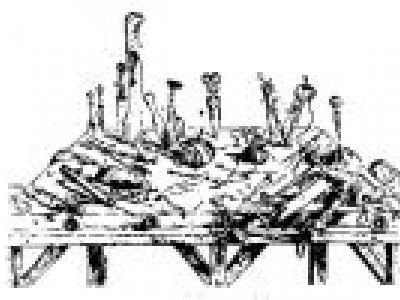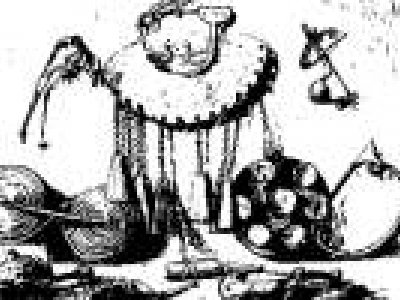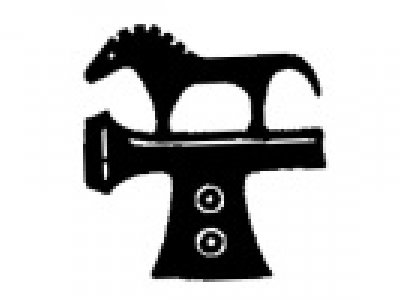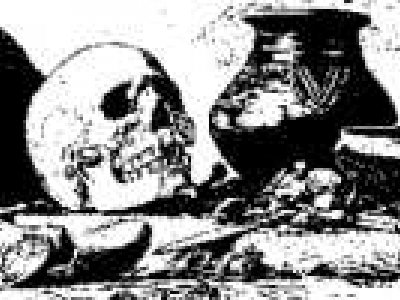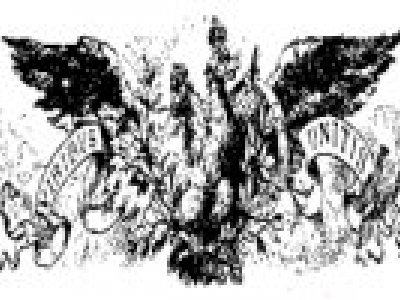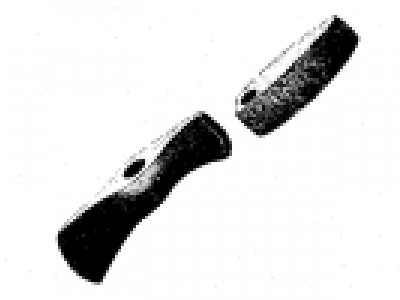Theme trail Hallstatt: The waterfall mills
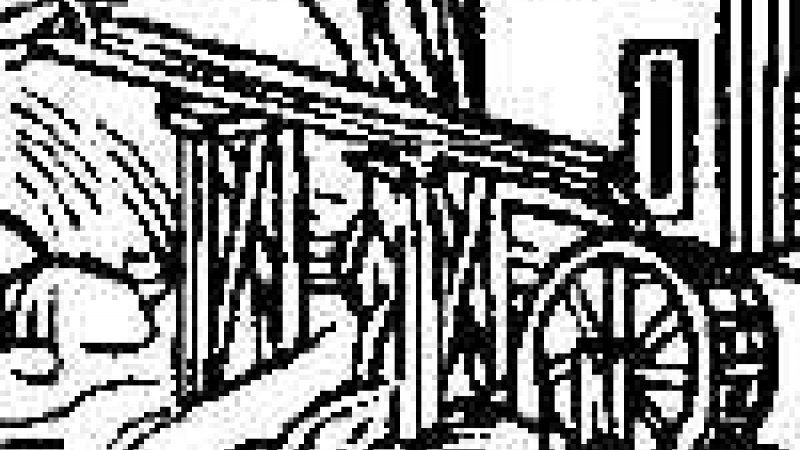
IT WAS ALMOST IMPOSSIBLE TO GROW GRAIN IN THE CLIMATICALLY HARSH INNER SALZKAMMERGUT.
Due to the growing workforce in the mines, at the salt works and in forestry, the supply of foodstuffs soon became a problem. The Court Chamber gave an order that the farmers in the fertile foothills of the Alps, and the Enns Valley in Styria, were to deliver only to the Salzkammergut the excess of goods beyond their own needs.
Mills in which the grain was processed were in the Echern Valley and above the town on the Mühlbach Waterfall. The rural philosopher Konrad Deubler (1814-1884) from Goisern, lived and worked for some years at the "Felsenmühle". After a hard working day as a miller, he submerged himself in his books. He also cultivated contact with the important scientists, philosophers, and artists of his day, some of whom visited him in Goisern.
During a holiday, you might want to see more than just the famous tourist sites. Sometimes it’s exciting to search out and discover the smaller and more subtle points of interests! A great example are the popular themed trails in Hallstatt. On these paths, you will discover the origins of the history-rich UNESCO World Heritage Region of Hallstatt Dachstein Salzkammergut. Follow in the footsteps of famous painters and acclaimed writers through the wild and romantic Echern Valley or take a historical walk—with or without an audio guide—through the picturesque lanes of Hallstatt. The many themed trails offer the opportunity to combine a long, enjoyable stroll with learning about the historical background of the region. Better yet, the trails can be explored regardless of the season and in most weather conditions. We look forward to seeing you on the popular themed trails throughout the World Heritage Region!Out and about on historical paths
This might interest you
Theme trail Hallstatt
Those who wish to experience more, have to take different. routes.Through the historic centre of Hallstatt with exciting stories and history. Exercise and the new insights make the theme trail an ideal leisure activity for the whole family.
Theme trail Hallstatt: The woman salt carriers
Many women salt carriers even carried these burdens in advanced pregnancy. The salt broken directly from the rock is still used today as licks for wild and domestic animals
Theme trail Hallstatt: Over the rooftops
Hallstatt gives the impression of being vigorously shaken by a giant hand and thrown and stuck on to the perpendicular cliffs rising from the black lake.
Theme trail Hallstatt: In the step of Friedrich Morton
Friedrich Morton founded a botanical and meteorological station in Hallstatt in 1923; between 1925 and 1967 he was engaged as the custodian of the Hallstatt Museum.
Theme trail Hallstatt: Indigenous Hallstatt
Local life is depicted by old musical instruments, local costumes, and Christmas cribs, and an original smokehouse.
Theme trail Hallstatt: Where the solt was boiled
The brine (water and salt mixture) flowed in wooden pipes directly down from the Salt Mountain to the pan house. The immense amount of wood used decimated the forests in the inner Salzkammergut.
Theme trail Hallstatt: The fight for faith
The new-Gothic Evangelical Church of Christ is from 1861, after which the Protestant Patent? From Emperor Franz Joseph I placed the Protestant faith on equal footing with the Catholic.
Theme trail Hallstatt: Friedrich Simony explores the Dachstein
In 1842, Friedrich Simony reached the 2995-meter summit of the Dachstein for the first time. In 1843 he had the first primitive refuge built on the Dachstein - the Hotel Simony? - near the Simony Hut of today.
Theme trail Hallstatt: The house of the poor
The first association for the education of workers in Upper Austria was constituted in Hallstatt after 1868, giving bread and work that fortifies us, our children learning in school, and our aged released from begging.?
Theme trail Hallstatt: Hallstatt burns
The fire that left most of the market in ruins and ashes on September 20th, 1750. Four people died on that occasion; thirty-five houses in the town centre and all documentation at the Court Administration Office went up in flames.
Themed trails & Audio Guide Tour
By means of display boards and interactive elements, visitors learn a lot of interesting and useful information about this unique natural and cultural landscape within the UNESCO World Heritage region. Most themed trails can be enjoyed whatever the weather.
Theme trail Hallstatt: The market town and its salt traders
The Market Square dates back to the 14th century; most of the dwellings are from the 16th century.
Theme trail Hallstatt: Visitors in Hallstatt
Eloquent poets - from Johann Nestroy to Nikolaus Lenau, and Carl Zuckmayer - or such popular figures as Alexander Girardi and Marlene Dietrich - have written their names in Hallstatt`s guest books.
Theme trail Hallstatt:The first tourists arrive
Around 1900, Hallstatt served the ever increasing number of visitors with three hotels, ten guest houses, and a brewery. Wealthy visitors could be carried around by sweating chair carriers.
Theme trail Hallstatt: In the Badergraben
The social situation among the salt workers was generally better than in other economic areas. A hospital for the sick and needy was here in the 16th century, and around 1565 the workers had the benefit of gratis medical aid.
Theme trail Hallstatt: The great Hallstatt period
The oldest finds date back to the Stone Age. Hallstatt was then the focal point of an ?early form of European unity? Which stretched from France to Slovenia. Historians named this epoch after 1874, the Hallstatt Culture.
Theme trail Hallstatt: Through thousands of years
The miners repeatedly came upon traces of their prehistoric predecessors. In 1734 they discovered the fully preserved ?man in salt, who, considered a heathen, was quickly buried.
Theme trail Hallstatt: The "underworld" of the forge
The salt mines forge stood here from the middle ages until it was removed in 1896. The smith repaired tools, shoed horses and banded wagon wheels. Massive iron sheets for the salt pans that could not be brought in from outside were made at the forge.
Theme trail Hallstatt: Hallstatt and the Habsburger
The historical Rudolf`s tower was once a watchtower to protect the salt against enemies and served as the personal accommodation of the Salt mine manager.
Theme trail Hallstatt: The lake and other thoroughfares
Before the roads were built in the 19th century, Hallstatt could only be reached on bridle paths or by boat across the lake. In 1890 the Seestrasse (Lake Road) was constructed.
Theme trail Hallstatt: The lake and the solt
Alexander von Humboldt, a widely travelled explorer in the 18th and 19th centuries, called Hallstatt „the loveliest lake village in the world".
Theme trail Hallstatt: Home of the salt
Salt lured people to Hallstatt as early as the Neolithic Stone Age and mining has been continuous since 1300 BC
Theme trail Hallstatt: Home of the salt
The best way to discover more about the history of Hallstatt is from above. Here you can see the unbelievable technical achievements that were made.
Search and Book
Hotels and accommodation providers in Hallstatt, Bad Goisern, Gosau and Obertraun offer the ideal room or apartment for your holidays, no matter what your tastes. Aside from establishments rated according to the international "star" scale, you will also find around Lake Hallstatt in Austria businesses that have been awarded two to four "edelweiss". The more flowers, the greater comforts you can expect. Whether you eventually find your cozy nest in an elegant 5-star luxury hotel, at comfortable guesthouse, a family-friendly apartment, or on a traditional farm, the choice is always entirely up to you.

